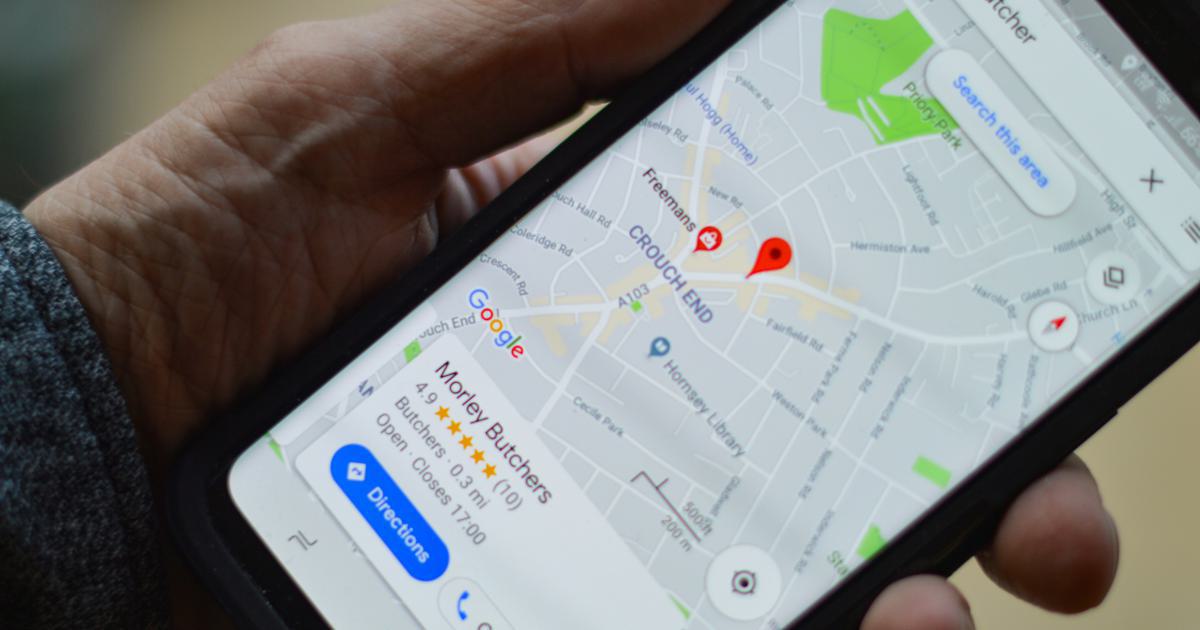Local SEO Keyword Research or Local PPC: More Targeted Traffic?


Introduction
As the digital landscape continues to evolve, businesses are increasingly turning to online marketing strategies to reach their target audience. Two popular approaches in this realm are local SEO keyword research and local PPC (pay-per-click) advertising. While both aim to drive targeted traffic to your website, the underlying methodologies and outcomes can vary significantly.
In this comprehensive article, we'll delve into the intricacies of local SEO keyword research and local PPC, exploring their respective advantages, challenges, and the factors that should guide your decision-making process. By the end, you'll have a clearer understanding of which strategy may be more effective in generating the targeted traffic your business needs.
Overview of Subjects
Local SEO Keyword Research
Local SEO keyword research is the process of identifying and optimizing your website for search terms and phrases that are relevant to your local market. This approach focuses on improving your online visibility in local search engine results, making it easier for potential customers in your geographic area to find your business.
Local PPC
Local PPC, on the other hand, involves creating targeted advertising campaigns that appear on search engine results pages (SERPs) and other relevant websites. By bidding on location-specific keywords and phrases, businesses can place their ads in front of users who are actively searching for products or services in their local area.
Comparison Criteria
To evaluate the effectiveness of local SEO keyword research and local PPC, we'll consider the following key criteria:
Criterion 1: Targeted Traffic
Local SEO Keyword Research
One of the primary benefits of local SEO keyword research is its ability to attract highly targeted traffic to your website. By identifying and optimizing for location-specific keywords, you can ensure that your content is displayed to users who are actively searching for products or services in your local market. This targeted approach can lead to a higher quality of website visitors, as they are more likely to be interested in what your business has to offer.

Local PPC
Local PPC advertising also offers a high degree of targeting, as you can precisely define the geographic area, demographic information, and search queries that trigger your ads. This level of control allows you to reach users who are actively looking for businesses like yours in their local area. By carefully crafting your ad copy and bidding on the right keywords, you can attract visitors who are more likely to convert into paying customers.

Criterion 2: Cost-Effectiveness
Local SEO Keyword Research
Implementing an effective local SEO strategy can be a more cost-effective approach in the long run, as the results are typically more sustainable. Once your website is optimized for local search, you can continue to benefit from organic traffic without ongoing ad costs. However, the initial investment in time and resources to research, optimize, and maintain your local SEO efforts can be significant.

Local PPC
Local PPC, on the other hand, provides more immediate results, but the ongoing costs can be higher. You'll need to continually monitor and adjust your bids, ad copy, and targeting to ensure optimal performance, which can be a significant investment. However, the ability to quickly test and iterate on your PPC campaigns can make it a more agile and responsive strategy.

Criterion 3: Measurability and Tracking
Local SEO Keyword Research
Measuring the success of local SEO efforts can be more challenging, as it involves tracking a range of factors, such as search engine rankings, website traffic, and conversions. While there are various tools and analytics platforms available to help measure these metrics, the data may not always provide a clear, immediate indication of the impact of your local SEO efforts.

Local PPC
Local PPC, on the other hand, typically offers more robust and immediate data on the performance of your campaigns. PPC platforms provide detailed analytics on impressions, clicks, conversion rates, and return on investment (ROI), allowing you to quickly identify what's working and what needs to be optimized.

Criterion 4: Competitive Landscape
Local SEO Keyword Research
The competitive landscape for local SEO can be quite complex, as it involves not only other businesses in your immediate geographic area but also the broader industry landscape. Identifying and outranking your competitors in local search results can be a challenging and ongoing process, requiring a deep understanding of your target market and the factors that influence local search rankings.

Local PPC
In the realm of local PPC, the competitive landscape is more directly tied to the specific keywords and ad placements you're targeting. While there may be numerous businesses vying for the same local audience, PPC allows you to strategically bid on and position your ads to stand out from the competition. This can be particularly advantageous in highly competitive local markets.

Similarities
Both local SEO keyword research and local PPC share a common goal: to attract targeted, high-quality traffic to your website from users within your local market. Both strategies rely on the identification and optimization of location-specific keywords and phrases to ensure your business is visible to potential customers in your geographic area.
Additionally, both approaches can benefit from the integration of other local marketing tactics, such as optimizing your Google My Business listing, creating location-based content, and leveraging social media platforms to engage with your local audience.
Differences
The primary difference between local SEO keyword research and local PPC lies in the approach and the long-term implications of each strategy.
Local SEO focuses on building a sustainable, organic presence in local search results, while local PPC provides more immediate visibility through paid advertising. The former requires a more comprehensive and ongoing effort to optimize your website, content, and online presence, while the latter allows for quicker testing and iteration of your advertising campaigns.
Another key distinction is the cost structure. Local SEO involves an upfront investment of time and resources, with the potential for long-term, cost-effective results. Local PPC, on the other hand, requires a continuous financial investment to maintain ad placements and optimize campaigns, but can offer more immediate, measurable results.
Analysis
When considering the comparison of local SEO keyword research and local PPC, it's essential to evaluate the specific needs, resources, and goals of your business. Both strategies have their own advantages and challenges, and the optimal approach may vary depending on factors such as your industry, target market, budget, and the level of competition in your local area.
For businesses looking to build a sustainable, long-term online presence and attract highly targeted, organic traffic, local SEO keyword research may be the more effective choice. By investing in the optimization of your website, content, and local listings, you can establish a strong foundation for your digital marketing efforts and potentially enjoy a higher return on investment in the long run.
On the other hand, if your business requires more immediate visibility and the ability to quickly test and iterate on your marketing campaigns, local PPC may be the more suitable option. The ability to precisely target your audience, measure performance, and adjust your campaigns in real-time can be particularly beneficial for businesses with a more time-sensitive or seasonal sales cycle.
It's also worth considering the potential for a hybrid approach, where you leverage both local SEO and local PPC strategies to maximize your online visibility and reach. By combining the long-term benefits of organic search optimization with the short-term advantages of paid advertising, you can create a more comprehensive and effective digital marketing plan.
Conclusion
In the ever-evolving world of digital marketing, both local SEO keyword research and local PPC have their own unique strengths and advantages. While the former offers a more sustainable, long-term solution for building a strong online presence, the latter provides immediate visibility and the ability to quickly test and iterate on your marketing campaigns.
Ultimately, the decision between local SEO and local PPC (or a combination of both) should be based on a careful evaluation of your business's specific needs, resources, and goals. By understanding the key differences and similarities between these two strategies, you can make an informed decision that will help you maximize your online visibility, attract targeted traffic, and drive measurable results for your business.